The bookshelves in his living room are lined with chronicles of the Civil War.
“When I was in my teens and was forming my primary reading habits, we were celebrating the Civil War centennial,” said Jim Phillips, 66. “I got hooked on the Civil War, and I’m still hooked on it.”
Phillips is now battling a war of his own, against mesothelioma, a form of cancer that affects the lining of the lung.
It’s unclear who the victor will be, but given Phillips’ long legacy of tackling medical problems, he may have the upper hand in experience.
His story begins as a teenager in the 1960s.
“When he was a senior in high school, he had headaches and vomiting,” said his wife, Linda. “They didn’t have MRIs or CAT scans back then. They had diagnosed it then as polio encephalitis. For all those years he thought the weakness on his right side was because of polio.”
Fast forward to 2006. Phillips started experiencing headaches. A doctor diagnosed him with arteriovenous malformation and bleeding in the brain.
“It cleared up and left few side effects,” Linda said.
But four years later, the headaches returned. Doctors removed his right cerebellum four days before Christmas after discovering malformed capillaries there.
“They determined that most of his (right cerebellum) capillaries had not developed in utero,” Linda said. “They were filling up like sponges. There was scarring and damage. He was in the operating room for 11 hours.”
A blessed life
Phillips isn’t the kind of guy you can keep down. A veteran runner of the Fifth Third River Bank Run in Grand Rapids, Michigan, he completed 33 consecutive races there, beginning in 1978.
He’s an avid Grand Rapids Griffins hockey fan. A biker. A philosopher. A family man. A fighter.
He met Linda four decades ago when she played the organ at church. They shared a love for classical music, concerts and laughter.
They now share a determination to stay together as long as fate allows, to live life to the fullest, to walk together hand-in-hand down the sidewalk—in part to steady Phillips’ teetering balance, in full because they love holding hands.
They like to visit breweries, share a beer and talk about old times. And look forward to new ones.
Despite all the medical issues, they both say they’ve lived a blessed life. Even after the mesothelioma diagnosis in January 2015, they felt lucky.
It’s the elephant in the room and we know in three months we may be back in chemo or we may still be beating the odds, which we certainly hope he can do.
“We were very happy, very blessed to find out it had not spread anywhere besides the lining of the lung,” Linda said.
Immediately following his diagnosis, Phillips underwent chemotherapy for four months at the Spectrum Health Cancer Center.
‘You just can’t hold him down’
Phillips came through chemo alright, but he soon encountered other problems.
“When he was riding his bike last summer, a lady turned right in front of him,” Linda said. “He had to veer sharply. He tipped over, scraped himself up and we thought that was the extent of it.”
A month or so later, he started to have bouts of amnesia.
“After that, he started having seizures,” Linda said. “They determined he most likely suffered a brain hemorrhage.”
The amnesia cleared up and Phillips resumed activity.
He still forgets things from time to time. He and his wife write words on a dry erase board to help stimulate his memory.
“It’s almost inexplicable,” Phillips said. “You can’t remember things that you know you know. The next day you remember, but there’s something else you’ve forgotten. It’s always minor things. I never forget who my kids are, or who my wife is.”
The memory issues seem secondary to the major battleground. The cancer remained inactive at his last checkup.
“We go at three-month intervals to get checked again,” Linda said. “We vacation. We keep going. Meanwhile, it’s the elephant in the room and we know in three months we may be back in chemo or we may still be beating the odds, which we certainly hope he can do.”
The odds are not good. They both know that.
“Reoccurrences usually come in three to nine months,” Linda said. “He’s past nine months. We’re just continuing to fight it.”
During the winter, Phillips rode a stationary bike every day. These days, he rides his recumbent trike. He lifts weights three times a week.
“You just can’t hold him down,” Linda said. “He just goes a lot slower than he used to. But he’s our hero.”
Phillips walked the 5K portion of the River Bank Run last year. And again this year.
We concentrate the mind on the present moment and don’t dwell on the past.
They recently returned from a vacation in New Mexico. Before that, Europe.
Phillips knows his next race may be against death. He’s up for the competition.
“I think about it, but on the other hand, what choice do I have?” he asked. “I have to keep on going as best I can.”
Accepting change
He used to be a mail carrier. He had to quit his job after the 2010 surgery. They had to say goodbye to some hobbies.
“We used to backpack and hike, but we have to accept that we probably won’t do that again,” Linda said. “This (disease) has taught us to celebrate the past and to live for today and not try to look too far into the future because we don’t know what that will bring.”
Their son plans to get married in June 2017. They hope to be there together.
“We can make our plans and figure we’re going to be there, walking down the aisle together—but we really don’t know that, either,” Phillips said. “We concentrate the mind on the present moment and don’t dwell on the past.”
Eric Santos, MD, hematologist and oncologist with the Spectrum Health Cancer Care Center and Cancer and Hematology Centers of Western Michigan, said there are only about 3,000 cases of mesothelioma in the United States each year.
“It is considered to be quite rare,” Dr. Santos said. “The thing with mesothelioma is that most people, unfortunately, do not have a great prognosis. It’s not a very good disease. Despite that, if you look at statistics, it doesn’t mean it’s going to be you. People can survive longer.”
Dr. Santos said Phillips has a lot of positives working for him—a loving and supportive family, a good attitude and an active lifestyle.
“A big problem with many of these malignancies is it wears you down and robs you of your energy,” he said. “With him being so positive and wanting to be out there, it helps him keep his energy. The more active he is, the better he’s going to do.”
Dr. Santos said he always strives to impart hope.
“Even for diseases that generally do not have a very good prognosis, it doesn’t always mean it’s hopeless,” the doctor said. “You never know. No one really knows how long a person has. There’s always hope.”
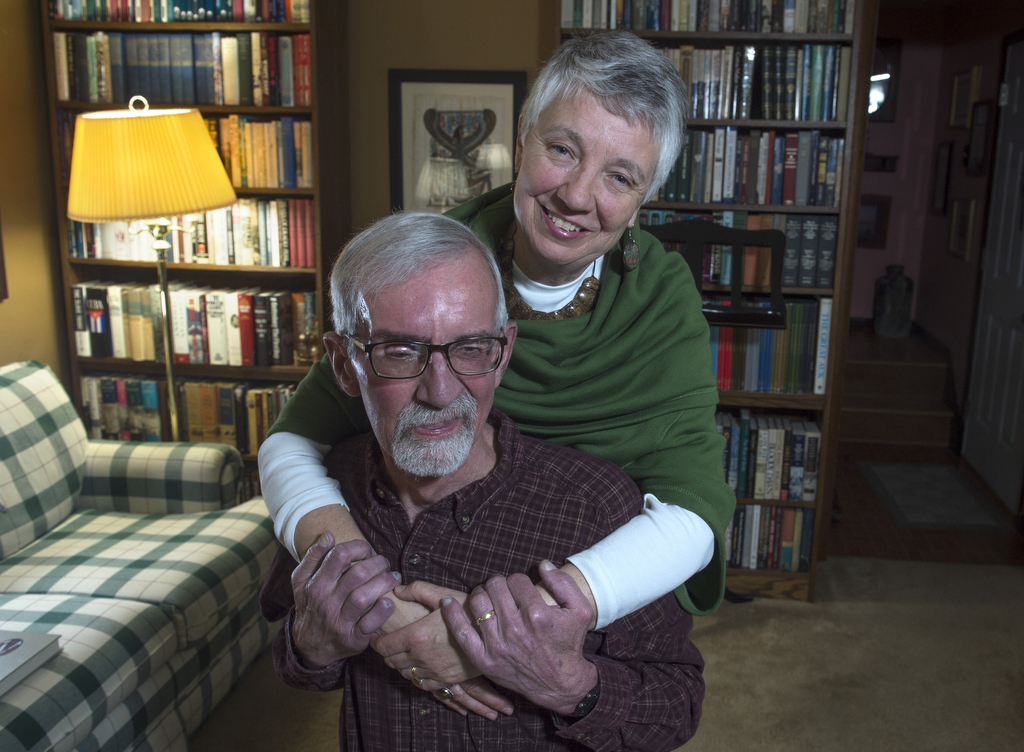
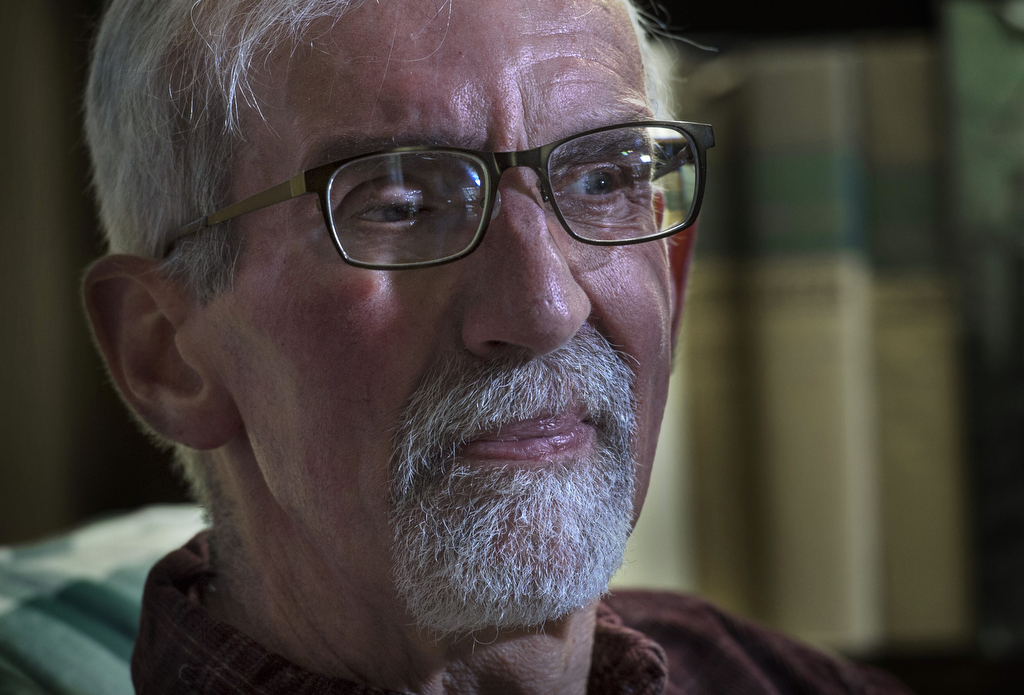
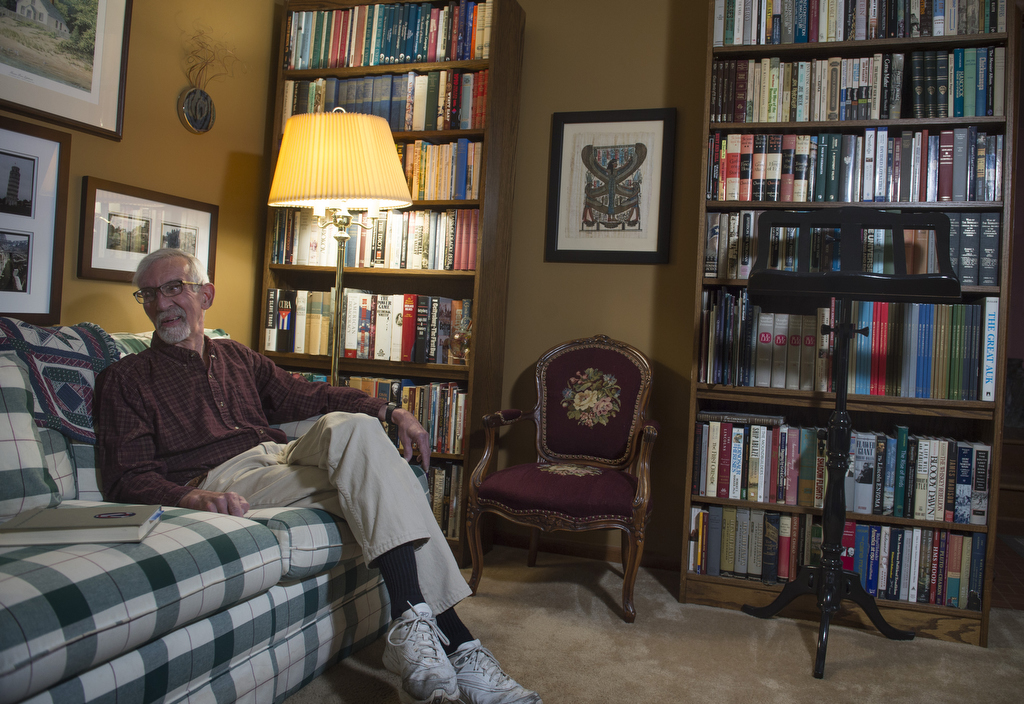
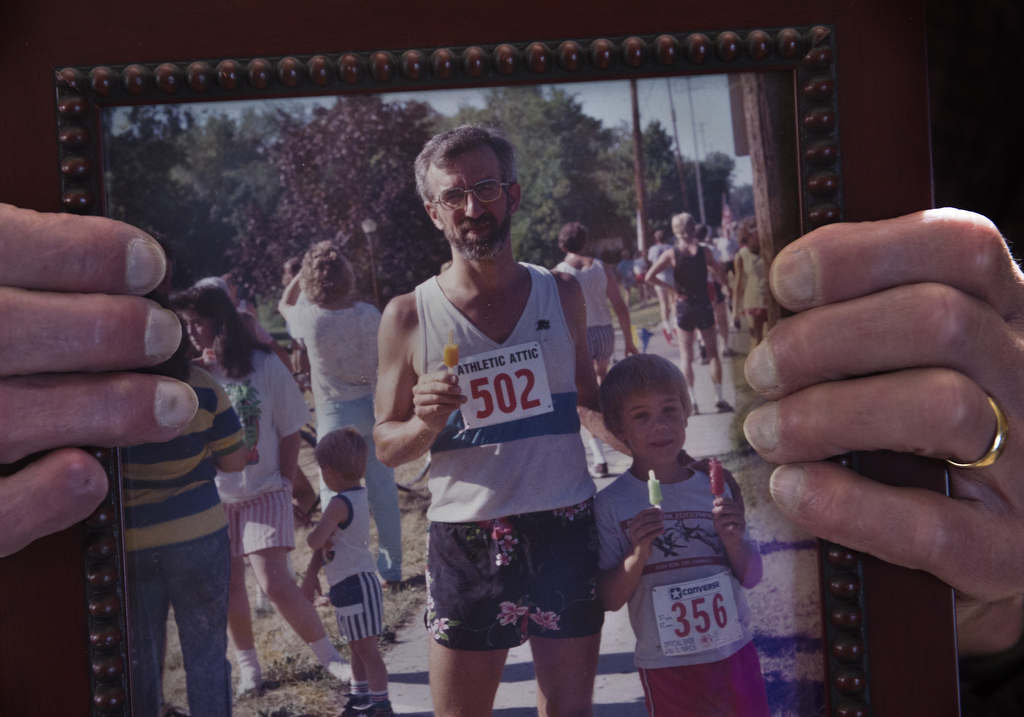

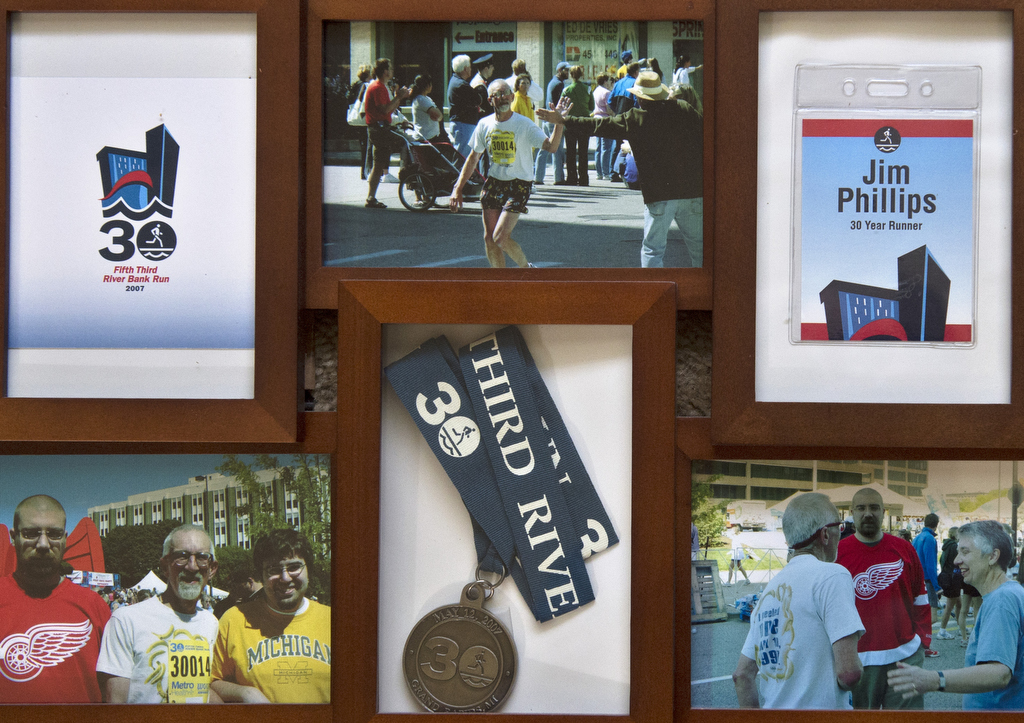
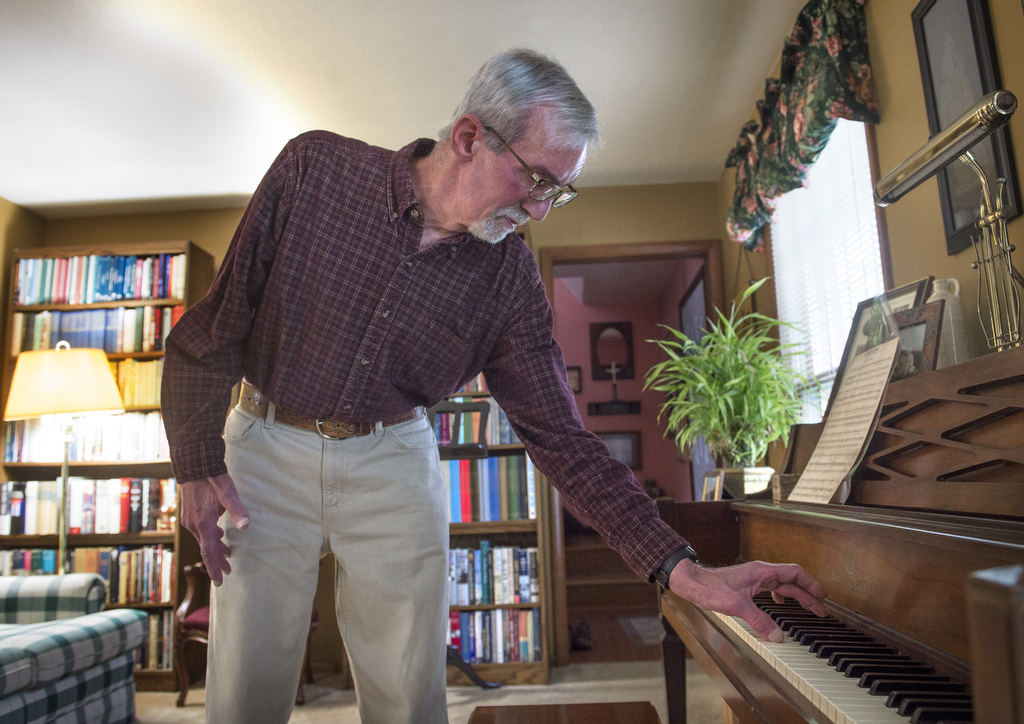

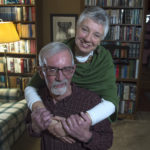








 /a>
/a>
 /a>
/a>
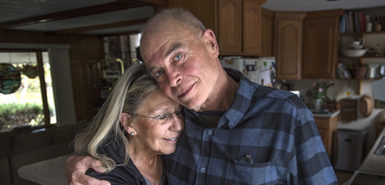 /a>
/a>
This is a great article! Linda and I have been friends for many years. I can testify to their struggles and the love story that they share. You picked a wonderful story to highlight!